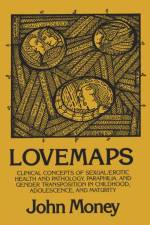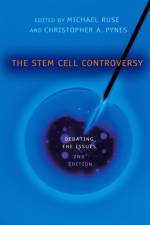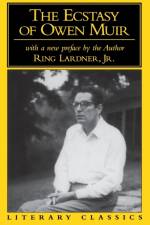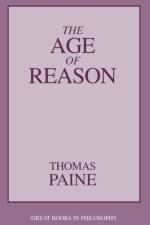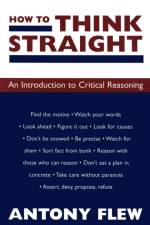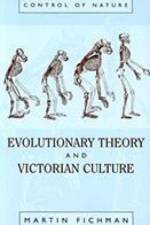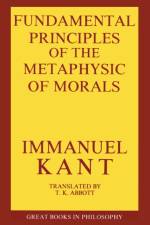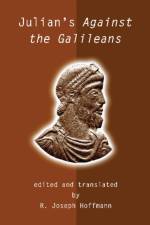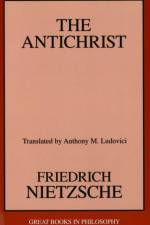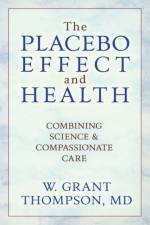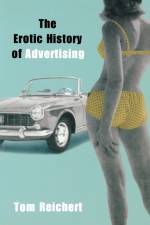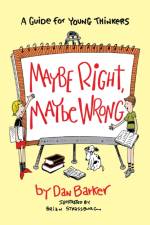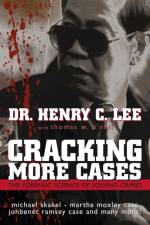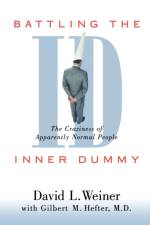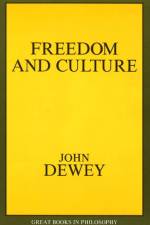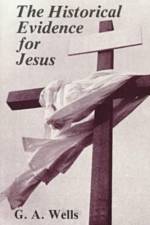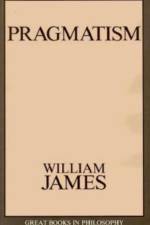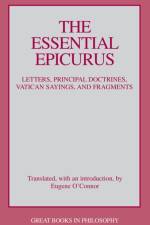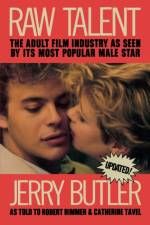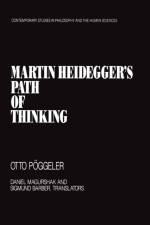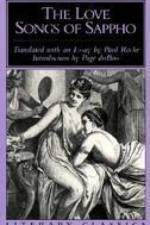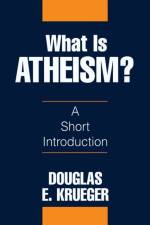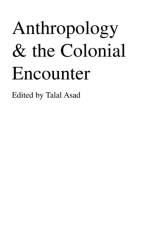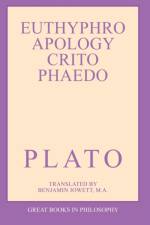- Clinical Concepts of Sexual/Erotic Health and Pathology, Paraphilia, and Gender Transposition in Childhood, Adolescence, and Maturity
av John Money
327
The word "lovemap" was first used by Dr. John Money in lectures at Johns Hopkins University in 1980 to symbolize "the neutral template expressed in every individual's sexuoerotic fantasies and practices." The word connotes our often subconscious pattern of erotic yearnings and desire. Each of us has a distinctive lovemap, as different and individual as a fingerprint.In this book, Dr. Money outlines healthy lovemap development as well as lovemap pathology - lovemaps gone awry. Such pathology falls into three categories: hypophilia (sexual dysfunction, such as impotence), hyperphilia (erotomania), and paraphilia (perversions). Paraphilia, another term coined by Money (from the Latin para - away from what is expected, and philia - love) can range from "those that are playful and harmless to those that are bizarre and deadly."Presenting case histories, Lovemaps describes the sexual practices of several patients and subsequent treatments of their paraphilias. Money pioneered the application of the hormone MPA, or Depo-Provera, to treat repeat sex criminals. He believes he has proved that science can prevent paraphilic sex offending, as is the case for other, physiological diseases.Lovemaps and its stirring accounts of lovemap pathology in case histories, (which are indexed under "paraphilia"), can be invaluable tools for those in the fields of sexology, child psychology, clinical psychology, criminology and, with its comprehensive glossary, the general reader - in short, anyone interested in human sexual development.

